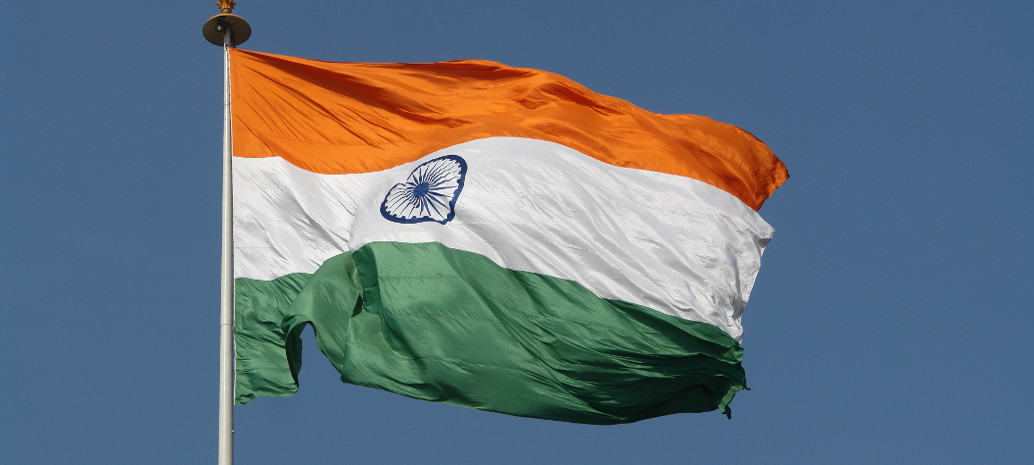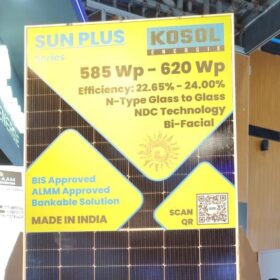Jindal India Renewable Energy, a part of the BC Jindal Group, has announced its foray into battery energy storage systems (BESS). The company plans to build 1 GWh lithium ferro phosphate (LFP) battery pack assembly line by 2025 and foray into battery cell manufacturing with 5 GWh capacity by 2027.
The company said it will enter into technology collaboration with a world-class technology provider to achieve highest quality standards.
BESS help stabilize grid as the share of renewable energy sources increases in the power mix. These absorb surplus energy generated during the sunny days and release the stored energy back into the grid when required, ensuring power supply during peak periods and fulfilling round-the-clock supply demand. The Indian BESS market is expected to grow at an impressive CAGR of 11.41% till 2032, underscoring the significant opportunities that this sector presents.
This announcement comes in the backdrop of Jindal India Renewable Energy (JIRE) aiming to generate 5 GW of power from solar, wind, hybrid and FDRE modes. Along with this, going forward JIRE will also manufacture PV cells and modules to tap into the solar demand.
Jindal India Renewable Energy operates under the $2.5 billion BC Jindal Group. Originally a steel pipe and fittings manufacturer, the group has grown into one of India’s leading conglomerates with a significant presence in the power sector. Established in 1952, the group has a diverse workforce of more than 10,000 people across India, Europe and the US. Key business verticals include flexible packaging films, energy generation and downstream steel products.
This content is protected by copyright and may not be reused. If you want to cooperate with us and would like to reuse some of our content, please contact: editors@pv-magazine.com.









1 comment
By submitting this form you agree to pv magazine using your data for the purposes of publishing your comment.
Your personal data will only be disclosed or otherwise transmitted to third parties for the purposes of spam filtering or if this is necessary for technical maintenance of the website. Any other transfer to third parties will not take place unless this is justified on the basis of applicable data protection regulations or if pv magazine is legally obliged to do so.
You may revoke this consent at any time with effect for the future, in which case your personal data will be deleted immediately. Otherwise, your data will be deleted if pv magazine has processed your request or the purpose of data storage is fulfilled.
Further information on data privacy can be found in our Data Protection Policy.